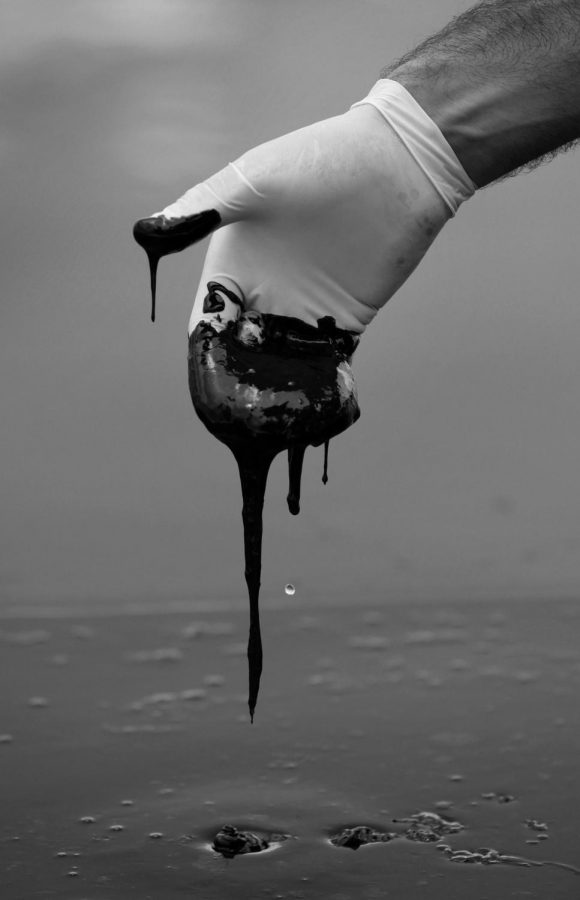Study: oil still remains at bottom of Gulf of Mexico
April 7, 2011
Scientists from the University of Georgia have recently discovered that oil still remains at the bottom of the Gulf of Mexico after one researcher found dead and dying sea life on the ocean floor, including crabs and brittle stars.
This discovery has some worried about the marine ecosystem, as the finding is contrary to the earlier prediction by British petroleum that nearly all would be well by 2012.
“Ecosystems are very resilient,” said Dr. Terry Richardson, a marine ecologist at UNA. “That’s a technical way of saying Mother Nature’s pretty tough and she can handle a whole lot of what we throw at her.”
The Exxon Valdez oil tanker ran aground on March 24, 1989 on Bligh Reef off the coast of Alaska, spilling roughly 10.8 million gallons into the ocean. Many transcribed the effects of this spill onto the BP oil spill, creating a frenzy of estimations and worries.
During the cleanup, new technologies were employed, including the use of microorganisms that ate crude oil. Long-term damages are still being assessed, but today the Alaskan ecosystem thrives with life.
“When this thing first happened and the quantity of oil that was being released, which was infinitely more oil than the Exxon Valdez, but a very different place, very different costal environment and ocean environment, very different ocean, very different climate, a lot of things were different,” Richardson said. “Different oil, dispersant use, all of these things-what we thought, because of the sheer quantity, was going to be the nation’s worst environmental catastrophe.”
Although the Exxon Valdez was an environmental catastrophe, the factors within each scenario are different. The microorganisms brought into the coast of Alaska are naturally occurring within the ecosystem of the Gulf of Mexico.
“What a lot of people don’t know is that there are [oil] seeps located pretty deep on the continental plate, and these have been a part of the Gulf of Mexico for most of its existence,” Richardson said. “Life has evolved in the Gulf of Mexico with a constant natural leaking of oil. There are microbes there geared for that, evolved to handle that, to utilize that energy source.”
Richardson also warns that the long-term effects of the oil spill are uncertain and the U.S. may not see the effects for many years. He said the most prevalent effects of the spill are the effects it has had on the Gulf Coast and Alabama economies. He urges everyone not to fear any of the suspected effects of the oil and to embrace the gulf.
Dr. Greg G. Gaston, associate professor of geography at UNA, said that there are no dangerous chemical effects of petroleum, as it is a naturally occurring, unrefined chemical. Most of the damage done to sea life is caused from the physical consistency of petroleum.












